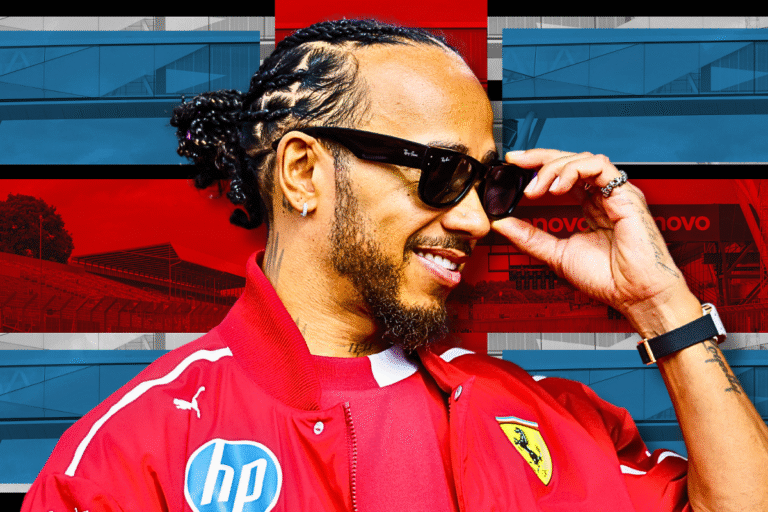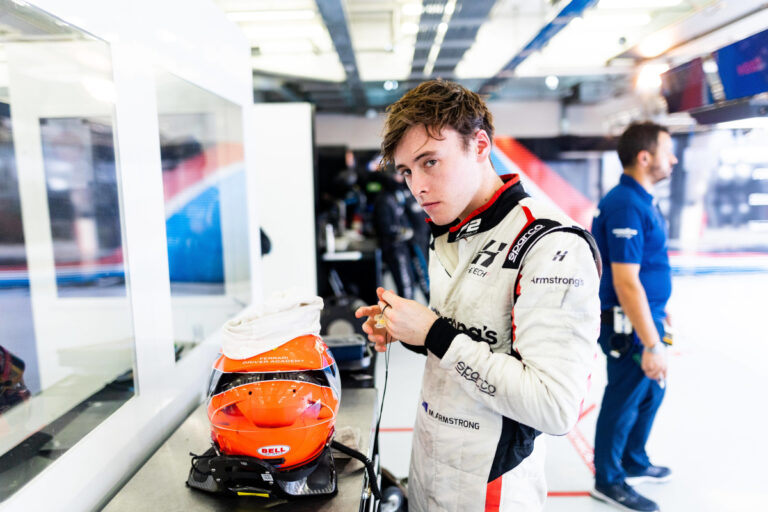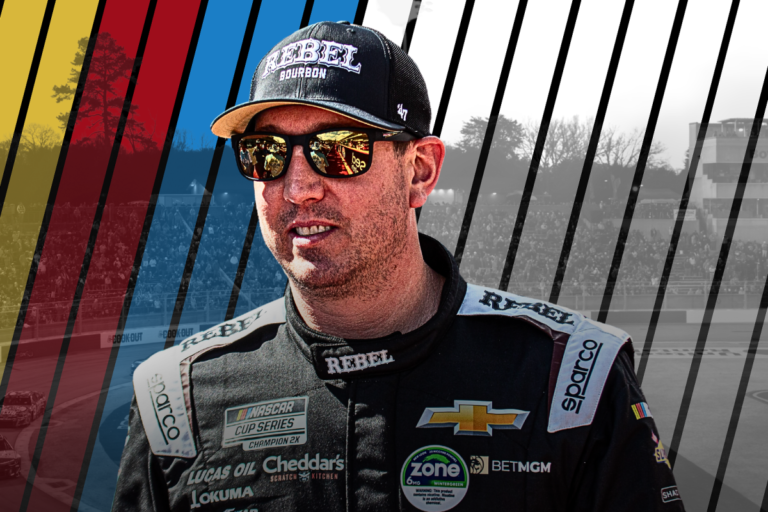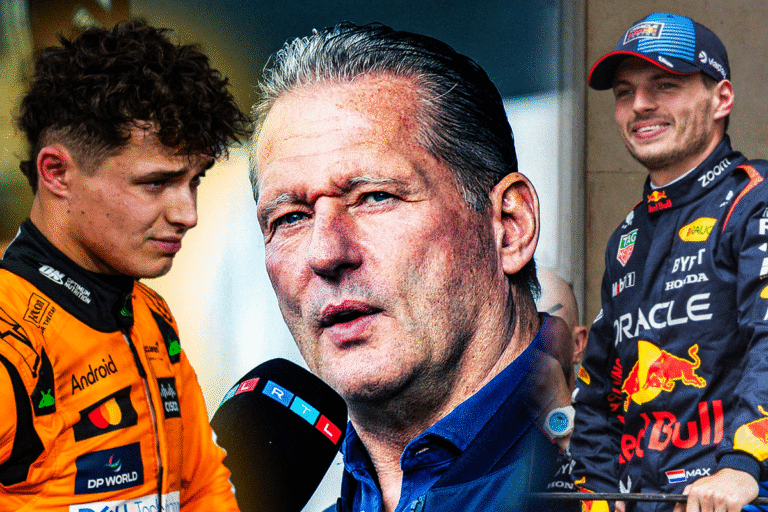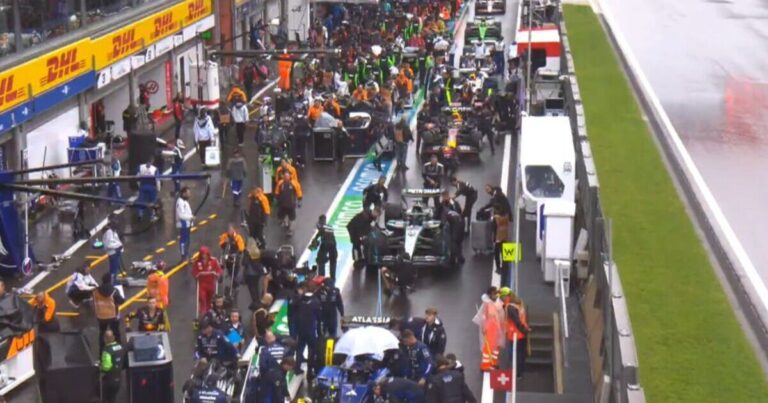
The start of the Belgian Grand Prix was unexpectedly delayed due to a contentious decision by the FIA, which drew a fiery reaction from reigning Formula 1 champion Max Verstappen. The delay occurred just before the race at Spa-Francorchamps, causing frustration among teams, fans, and particularly the drivers. The issue arose when a small piece of debris was spotted on the track, prompting the FIA to call a Virtual Safety Car (VSC) period. Although minor, the incident sparked major debate over the FIA’s safety protocols and disrupted the race’s scheduled start.
The controversy was fueled by the FIA’s strict safety stance, as they opted for caution by deploying the VSC to manage the situation. This move required drivers to reduce speed significantly before the race even began. Many felt this response was excessive given the minor nature of the debris—a small carbon fiber fragment. The VSC affected the usual formation lap and disrupted the pre-race rhythm for drivers and teams, raising questions about the consistency and proportionality of the FIA’s decisions.
Verstappen reacted strongly, criticizing the FIA during live team radio transmissions and in post-race interviews. He accused the governing body of overreacting and being inconsistent in its judgment. Verstappen referenced past races where similar debris didn’t warrant such measures and argued that the VSC deployment negatively impacted the competitiveness of the race. His comments highlighted ongoing driver frustrations with what they perceive as unnecessary interference in race dynamics.
This incident has reignited broader concerns among drivers about the frequency and timing of safety car and VSC deployments. Many believe these decisions, although aimed at protecting everyone on track, often disrupt race strategies and flow. They are calling for clearer guidelines and more consistent decision-making from the FIA. Some drivers advocated for a more situational approach, where the context and actual danger posed by debris are evaluated more pragmatically.
In response, the FIA defended its actions, insisting that safety remains their top priority. They emphasized that even small debris could cause accidents at high speeds and that the decision was made based on standard protocol and marshals’ assessments. However, the FIA also acknowledged the criticism from drivers and signaled that it would review its procedures. This episode has set the stage for further discussions about race management, aiming to strike a better balance between safety and fair competition in Formula 1.
